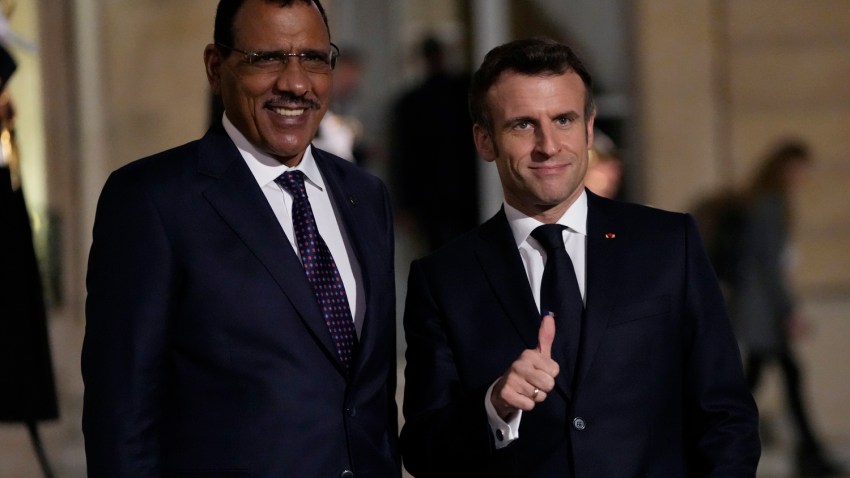Back in February, when French President Emmanuel Macron announced that troops from France’s Barkhane mission as well as the European Union’s Takuba task force would be withdrawn from Mali, Nigerien President Mohamed Bazoum raised eyebrows by declaring that Niger would welcome the French and European troops on its territory. Since then, legislators in Niger passed a bill that authorizes the government to host more European troops in the country as part of the French-led regional counterterrorism operations.
But the move has drawn considerable opposition from a wide array of Nigeriens, including figures from the political opposition, civil society groups and ordinary citizens, who argue that the presence of European troops threatens national sovereignty and could make Niger a bigger target of extremist violence. Those objections are understandable in a country where popular animosity toward France—Niger’s former colonial ruler—is widespread and the security landscape has worsened in recent years, despite the presence of an already extensive foreign military deployment.
Bazoum’s gambit puts the spotlight on Niger’s political landscape, as well as perceptions about the country’s leadership and its track record in the fight against violence and instability in the Sahel.

